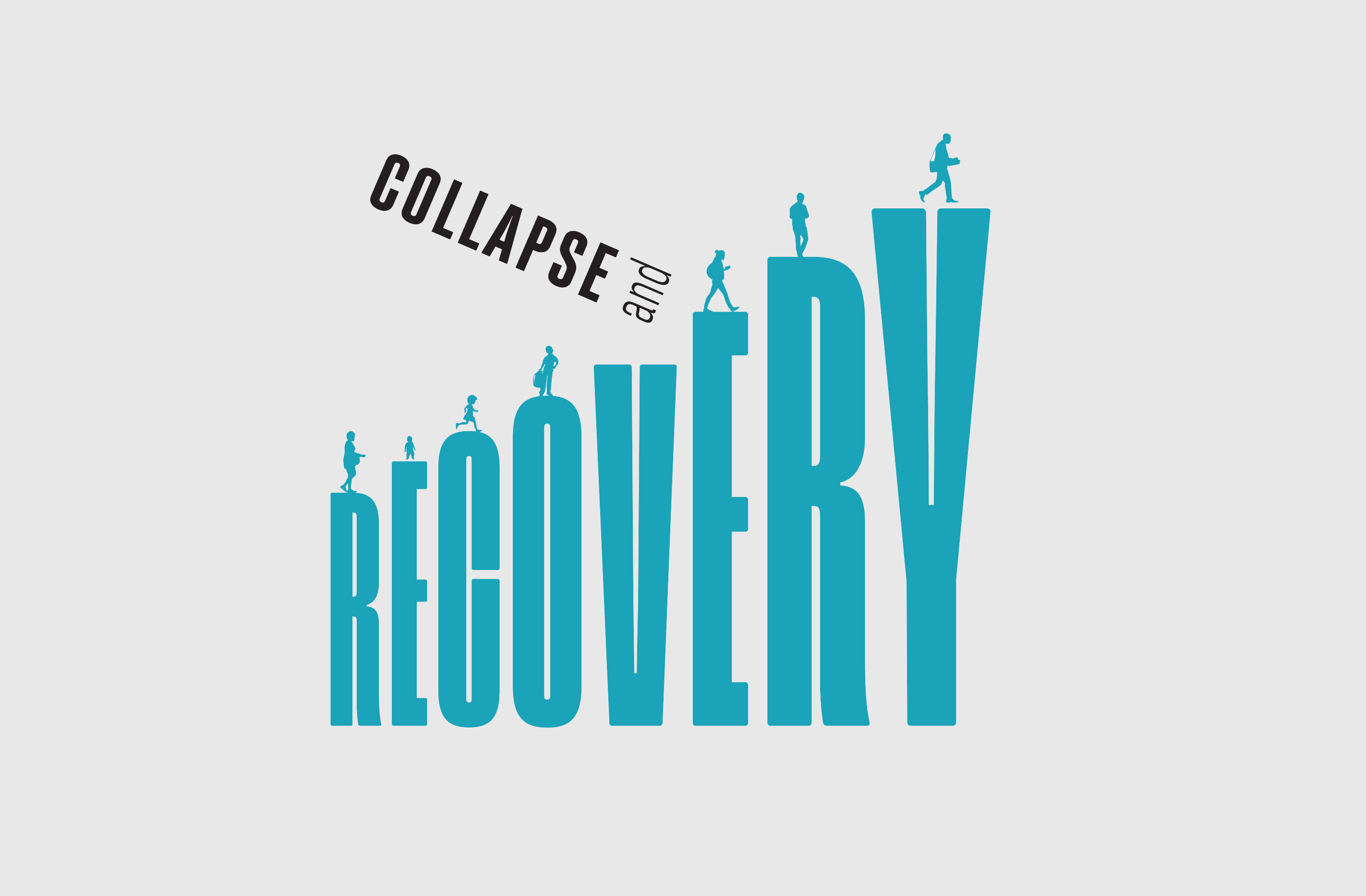
Collapse and recovery. How the COVID-19 Pandemic Eroded Human Capital and What to Do about It
Human capital is the totality of knowledge, skills and abilities that people accumulate throughout their lives. The COVID-19 pandemic has reduced the quality of life and limited the development opportunities of the younger generation.
A new World Bank report “How the COVID-19 Pandemic Eroded Human Capital and What to Do about It” presents the results of an analysis of the impact of the pandemic on the state of human capital, as well as recommendations for its development and improvement of the well-being of the population.
The organization estimates that more than 700 million children in developing countries have missed a year and a half of full-time education due to school closures. During the crisis, youth incomes decreased by 15% in 2020 and by 12% in 2021, in the future, today's students may lose up to 10% of their potential earnings.
In the short term, the authors of the publication recommend that governments continue targeted vaccination campaigns, expand access to preschool education, increase subsidies for vulnerable populations, and develop adapted learning programs and provide employment assistance.
In the long term, countries need to build resilient, resilient and adaptive health, education and social protection systems that can better prepare for and respond effectively to future crises.



